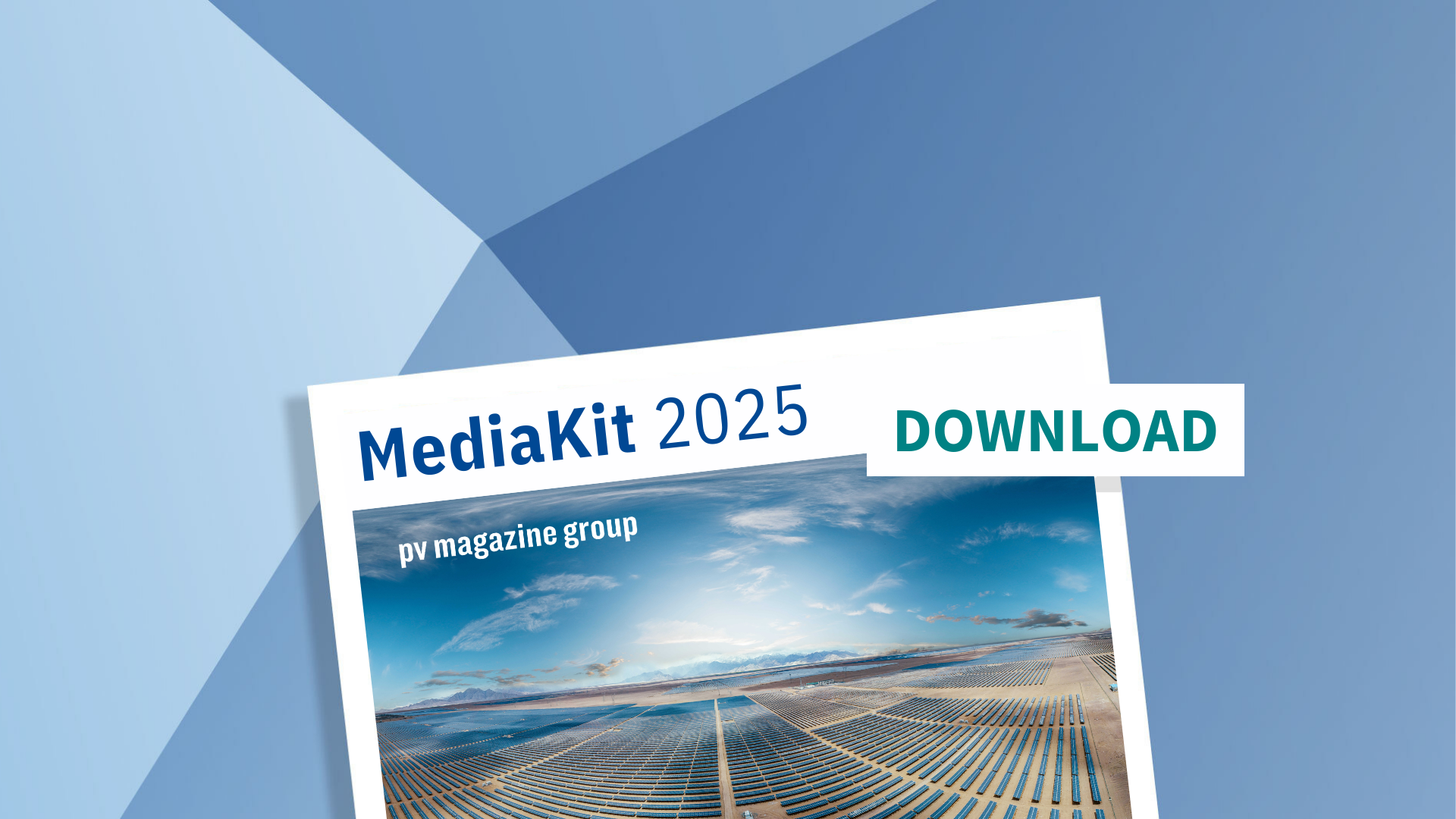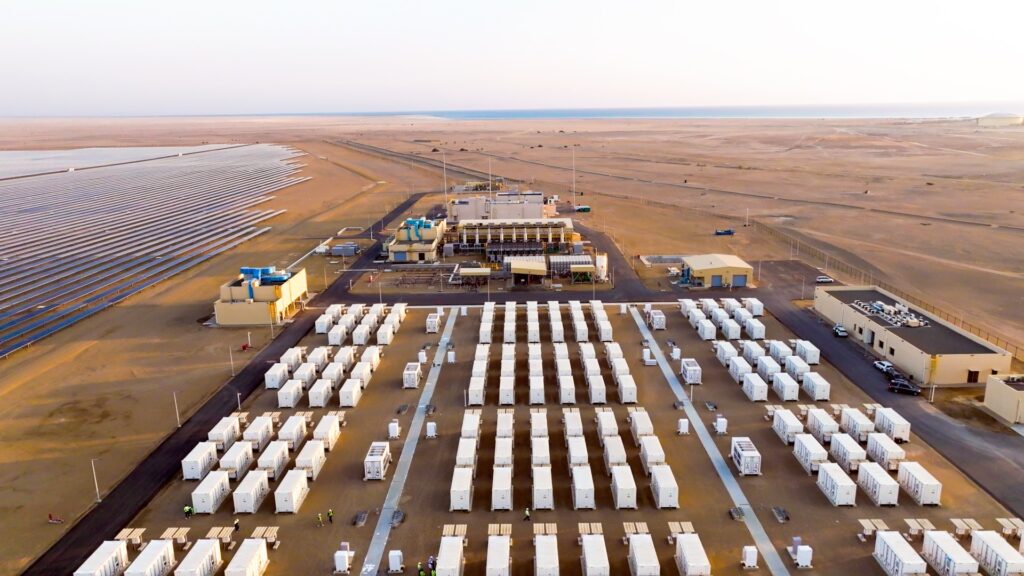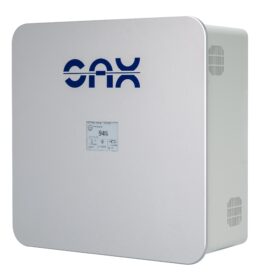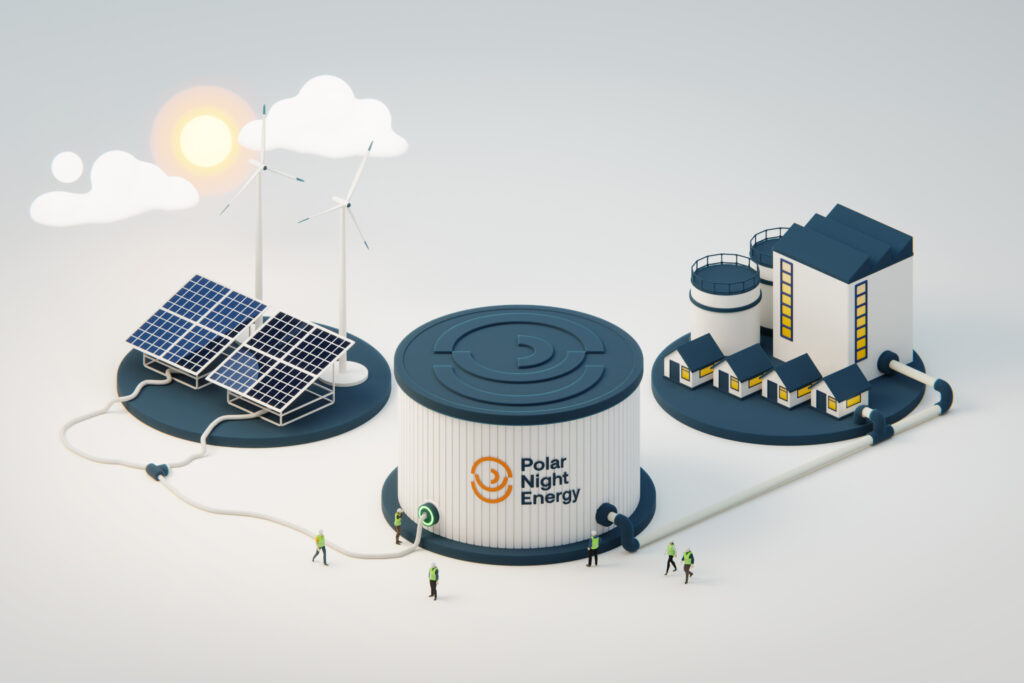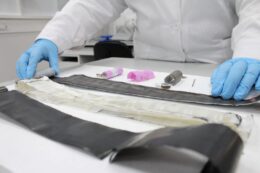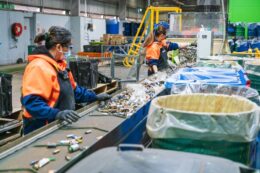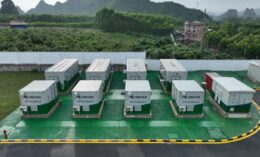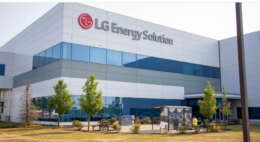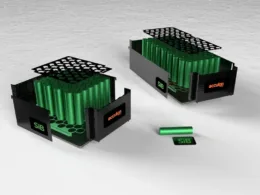Aepnus garners $8m for sodium sulfate recycling

The lithium-ion battery supply chain currently produces millions of tonnes of sodium sulfate waste every year, which is disposed of in domestic and international landfills. This not only produces significant pollution but also wastes valuable chemicals. The electrolysis platform from Aepnus Technology converts sodium sulfate waste back into sodium hydroxide and sulfuric acid – both essential input chemicals for the battery industry.
“Aepnus turns the battery industry’s biggest waste problem into a profit powerhouse,” said Lower Carbon Capital Partner Christina Chang. Lower Carbon joined the seed funding round which also attracted investments from Clean Energy Ventures, Impact Science Ventures, Muus Climate Partners, Voyager Ventures and Gravity Climate Fund.
Fresh cash flow to deploy systems
The fresh cash flow should enable Aepnus to deploy systems with over 15 customers at various stages, ranging from feasibility studies to pilot-scale equipment testing. These customers include critical minerals refineries, battery manufacturing plants and battery recycling facilities. Once half-scale models of its equipment have been shipped to customers, they can test the electrolyzers on their own wastewater streams.
The disposal of waste produced throughout the supply chain is a fundamental challenge to the scale-up of the domestic battery industry.
“The disposal of waste produced throughout the supply chain is a fundamental challenge to the scale-up of the domestic battery industry for mobility and the grid,” explained Daniel Goldman, co-founder and managing partner of Clean Energy Ventures.
Electrolysis process is 50% more energy efficient
In its recycling processes, Aepnus electrolyzers electrify the salts in wastewater, inducing these to split into useful source components. The company says its electrolysis process is 50% more energy efficient than the traditional electrolysis processes used in the century-old chloralkali process that splits salts like sodium sulfate back into the acids and bases that created them. Perhaps even more importantly, Aepnus electrolyzers do not require expensive components made of rare earth elements such as Iridium.
As with other recycling processes, extracting components from waste products avoids the expense, emissions and geopolitical stressors of extracting, producing and transporting these components from other locations.


